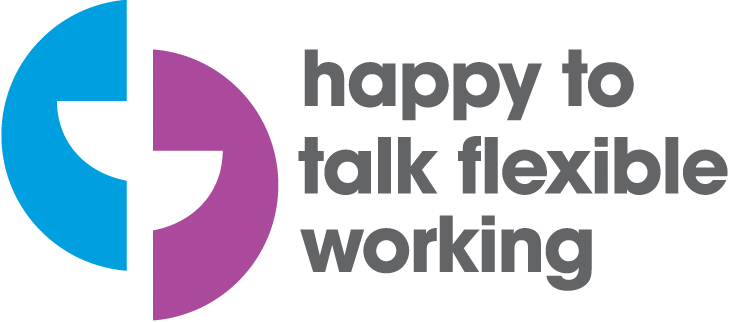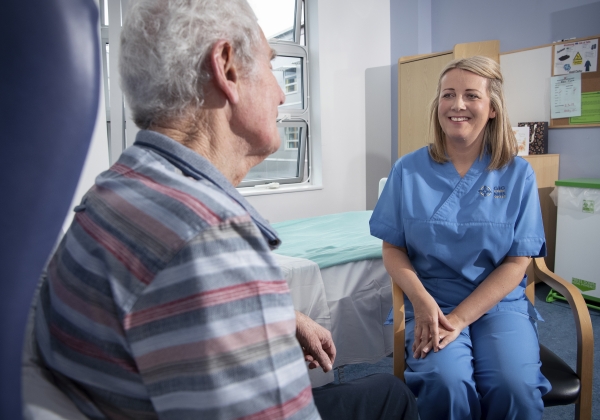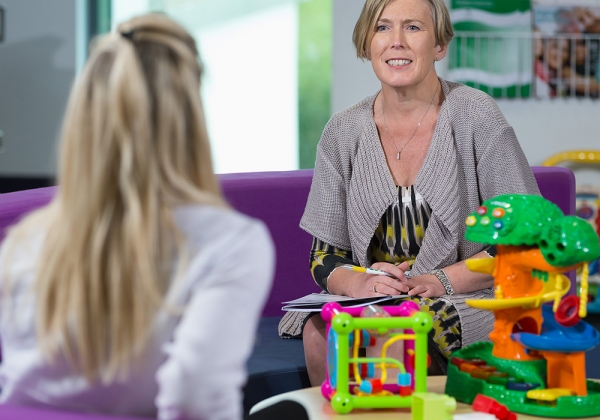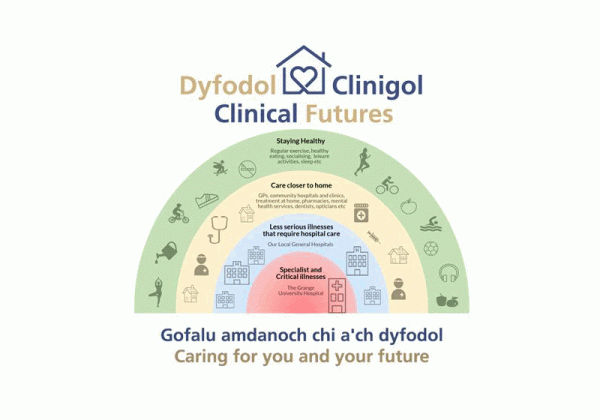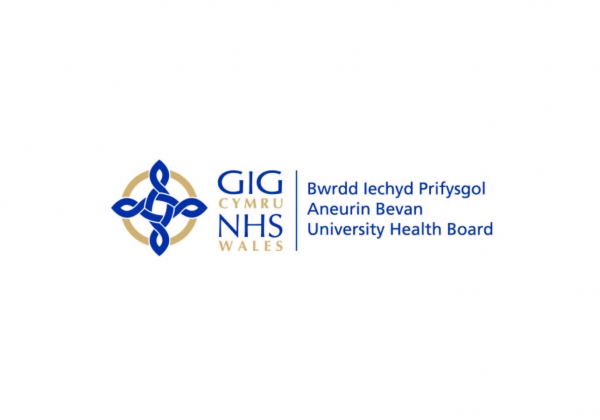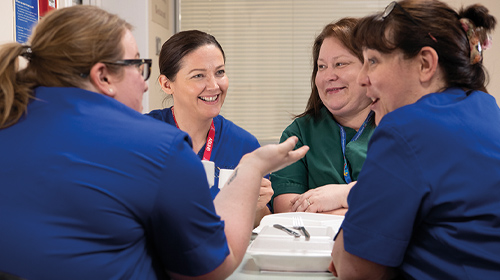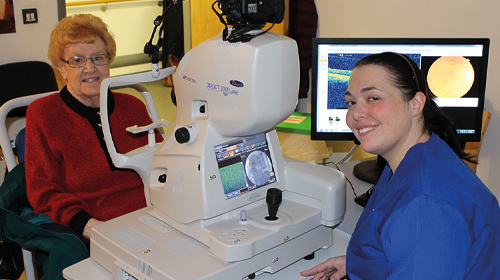About Us
Aneurin Bevan University Health Board is a multi-award-winning NHS organisation with a passion for caring. The Health Board provides an exceptional workplace where you can feel trusted and valued. Whatever your specialty or stage in your career, we have opportunities for everyone to start, grow and build your career. The health board provides integrated acute, primary and community care serving a population of 650,000 and employing over 16,000 staff.
We offer a fantastic benefits package and extensive training and development opportunities with paid mandatory training, excellent in-house programmes, opportunities to complete recognised qualifications and professional career pathways including a range of management development programmes. We offer flexible working and promote a healthy work life balance, provide occupational health support and an ambitious plan for a Wellbeing Centre of Excellence to support you at work.
Our Clinical Futures strategy continues to enhance and promote care closer to home as well as high quality hospital care when needed. Join us on our journey to pioneer new ways of working and deliver a world-class healthcare service fit for the future.
Primary and Community Service
Primary and Community Services are at the heart of the delivery of the Clinical Futures Model in Gwent.
These services include:
These services are essential in supporting the population of Gwent to maintain and improve health and wellbeing. A core component of achieving this is by strengthening our relationships and support between primary, community and mental health services. This enables our patients to receive timely treatments in their home or local community.
Examples of such investment over recent years include our 24-hour District Nursing Services, Stay Well plans for older residents, Integrated Health, and Social Care Community Resource Teams, which enable patients to be assessed and supported in their own homes.
The opening of The Grange University Hospital enables delivery of care closer to home at pace with benefits such as better care for patients, improved patient experience and potentially reducing admissions to hospitals.
Clinical Futures Programme
What is Clinical Futures?
Our Clinical Futures Strategy sets out how we are moving to a better balance of care by:
- delivering most care close to home
- creating a network of local hospitals providing routine diagnostic and treatment services
- centralising specialist and critical care services in a purpose build Specialist and Critical Care Centre
Aneurin Bevan Clinical Futures
University Status
In November 2013 the prestigious University status was granted with an official launch of Aneurin Bevan University Health Board (ABUHB) by the Health Minister in March 2014.
University status was awarded to ABUHB in 2013 because it was able to demonstrate an extensive range and quantity of academic activities taking place including teaching and research. In addition, there was recognition of the commitment to continuous improvement and excellence, and to increasing the understanding of how to provide better quality and more efficient services. Building on the achievements up to 2013, the UHB has maintained and broadened the range of such activities and in many areas is now leading in certain areas of health innovation and learning, for example in Value Based Healthcare.
“ABUHB’s ‘University philosophy’ is to foster a strong culture of learning, research and innovation, which feeds into practice. ABUHB believes that these activities will grow in quantity and quality where it is viewed as a core activity and offered to patients as part of routine clinical care.”
What does University Status mean for our Community?
ABUHB recognises that the ‘so what?’ element associated with University status is absolutely essential; firstly for assurance purposes so that the UHB can demonstrate that it has been successful in its academic endeavours i.e. by delivering health, wellbeing, education and economic regeneration to the benefit of patients and the population; and secondly so that the UHB, via the ABUHB Academic Partnership Board, can develop an academic strategy and forward work programme that is informed by intelligent, patient related outcome measures which ultimately lead to a better understanding of ‘what worked and what didn’t’.
The approval of the Grange University Hospital provides a renewed energy and focus for service transformation, which will see implementation of innovative care pathways and new roles. University status and the related activities and infrastructure, put in place and strengthened in recent years, provide the essential foundation for that transformation. The culture and behaviours that University status engenders have created the necessary environment, and prepared the workforce, to deliver that transformation.

